Online International Scientific Forum on Energy Transformation. Day 3
The third module of the three days Scientific Conference on the Transformations: Energy, Infrastructure, eMobility was held on 18 November. It was organized by the Center for Energy Business and Infrastructure at UNWE jointly with the Colorado Energy Research Collaboratory - a partnership between four leading American universities: Colorado State University, University of Colorado Boulder, Colorado School of Mines and National Renewable Energy Laboratory.
The Forum was virtual and it was organized in three modules - each one on a separate date at intervals of one week. The first module was held on 4 November and the second module was held on 18 November.
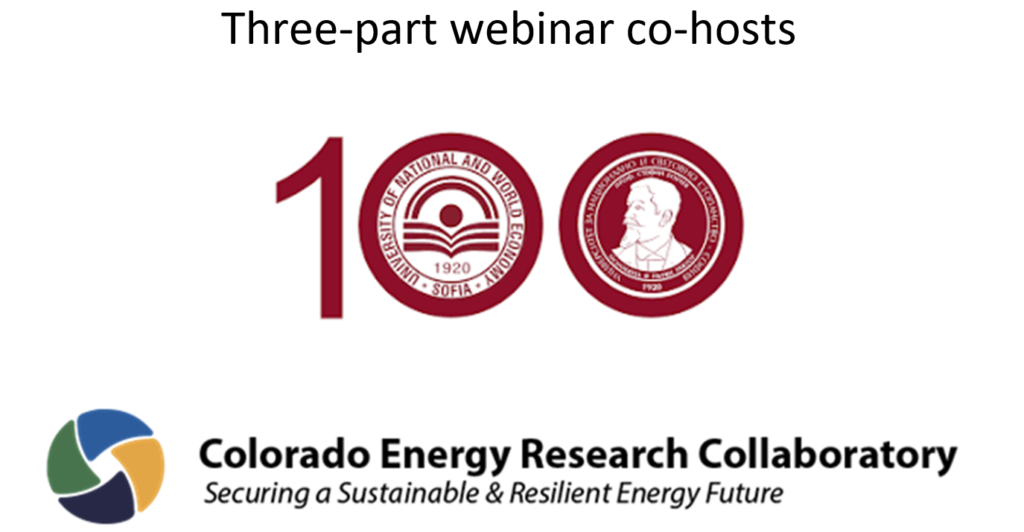 |
The third day of the Forum was devoted to the eMobility, Hydrogen, Infrastructure and Smart City Perspectives. In the module took part Prof. Dr. Hristina Nikolova, Head of the Economics of Transport and Energy Department - UNWE, Will Toor, Director, Colorado Energy Office, Rosen Daskalov, Founder and CEO of Sin Cars (electro vehicles), Prof. Plamen Atanassov from the University of California-Irvine, Bryan Pivovar, Senior Research Fellow at National Renewable Energy Lab /NREL/.
On behalf of the American partners the second module was opened by the Executive Director of Colorado Energy Research Collaboratory Mori Dobby. She greeted the participants reminding the objectives and tasks of the partnership between the four American universities that make up the Colorado Energy Research Collaborative and presented the topics for discussion.
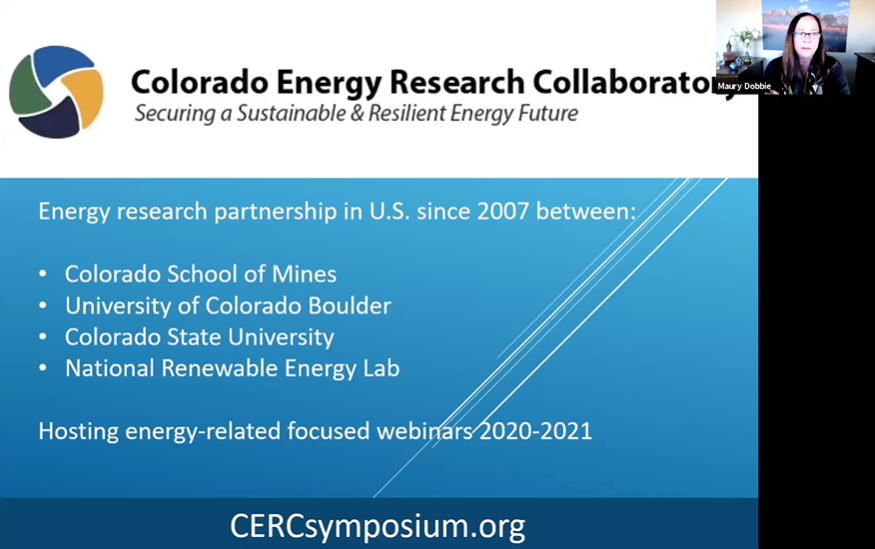 |
On behalf of Bulgarian co-hosts the participants were greeted by Assoc. Prof. Dr. Vladimir Zinoviev, Director of the Center for Energy Business and Infrastructure at UNWE. He emphasized the interest in the main topics of the third day of the webinar by the Center managed by him as its work is focused on the economic impact of developing research in the field of energy which covers the electricity production, transmission and distribution as well as the renewable energy sources. “I am sure that today's session will be especially interesting having in mind the experience of colleagues - moderators and panelists who will take part in it”, pointed out Assoc. Prof. Zinoviev.
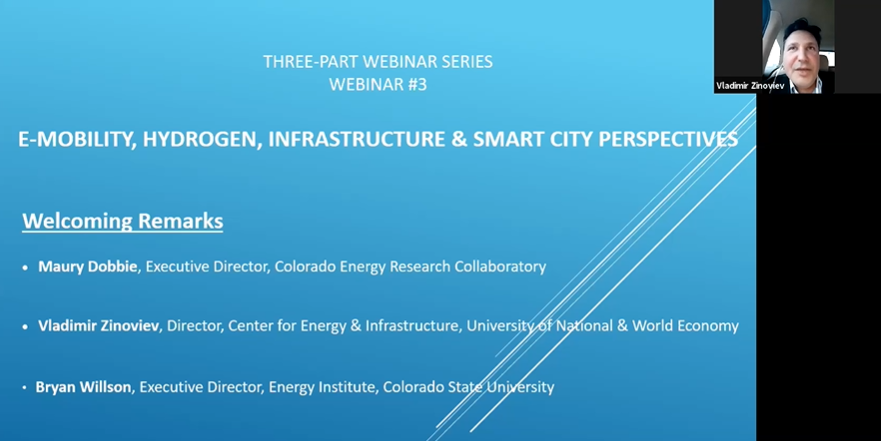 |
The Director of the Energy Institute at Colorado State University Brian Wilson emphasized on the collaboration between the four leading American universities organizing the event and on innovation as a broad network through which ideas are implemented into practice. “I think that the collaboration between Colorado and Bulgaria is already part of the study of innovation networks and is a good start for further fruitful cooperation", outlined Brian Wilson.
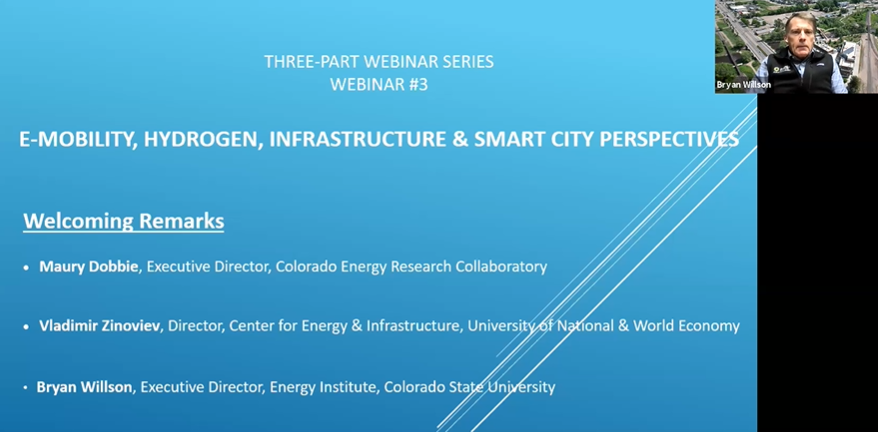 |
The Head of the Economics of Transport and Energy Department Prof. Dr. Hristina Nikolova was the moderator of both panels on the third day. She expressed her thankfulness for the vote of confidence and defined the topics about the transformation in energy, eMobility infrastructure and smart cities as one of the biggest challenges in the modern world. Prof. Nikolova presented the panelists emphasizing that the most important thing considering the topics is to define the key challenges as well as the major factors having impact on the transformation of energy systems, eMobility and smart cities.
 |
| Prof. Hristina Nikolova |
The Director of Colorado Energy Office Will Toor pointed out that the electrification of vehicles is a major challenge and task that must be realized in the near future. He defined as challenges also the accessibility of vehicles and power infrastructure which are extremely important for achieving a full eMobility. "The biggest economic and social benefits of electrification for smart cities are the reduction of harmful emissions but to build infrastructure and achieve a full electrification not only in cities but also in rural areas will require a huge resource of public investment”, clarified Will Toor.
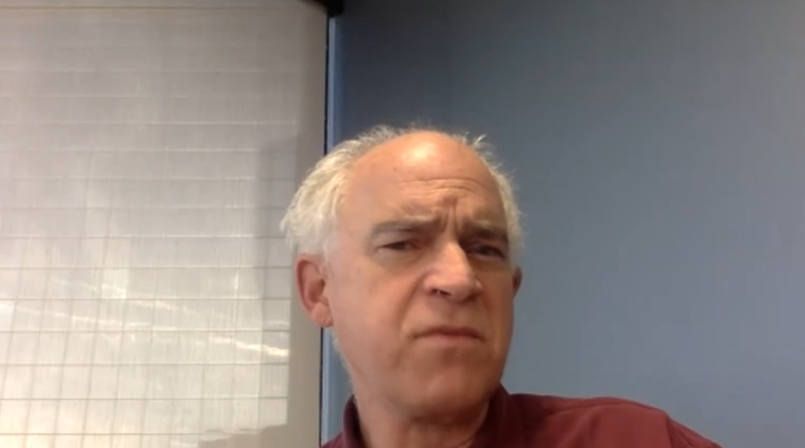 |
| Will Toor |
The CEO of Sin Cars Rosen Daskalov commented that the biggest challenge is how we will use electric cars in the future because the electric energy is completely different from the one we use at the moment to charge vehicles. "We need to think how to charge the new cars especially in an urban environment. Considering this issue we must pay attention to several things - photovoltaic elements should be installed in cities wherever it is possible and speaking about a full electrification in the next 10 years it regards not only to the provision of photovoltaic elements for charging stations but the most important thing is what and where these stations will be powered from”, said Mr. Daskalov and added that the next challenge is the electrification regulations that governments will have to create.
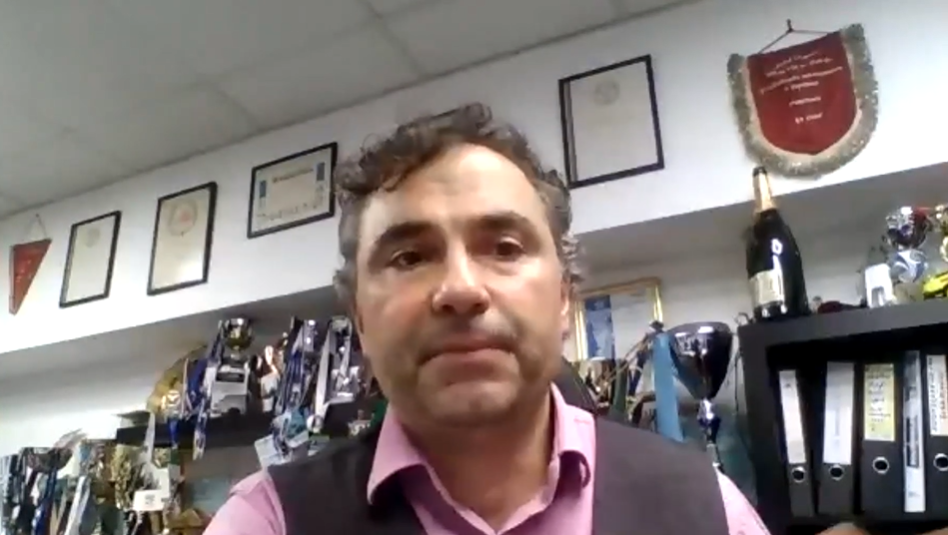 |
| Rosen Daskalov |
In his presentation the Senior Research Fellow from the National Renewable Energy Lab /NREL/ Bryan Pivovar acquainted the participants in the Forum with details and data about the huge investments in the transition to hydrogen fuels, the role of hydrogen, its extraction and the transmission network for its distribution. He examined the relation between the renewable energy sources and the demands of the transport sector as well as the benefits of hydrogen fuels for improving the economy and ways to reduce the price of electrolyte hydrogen.
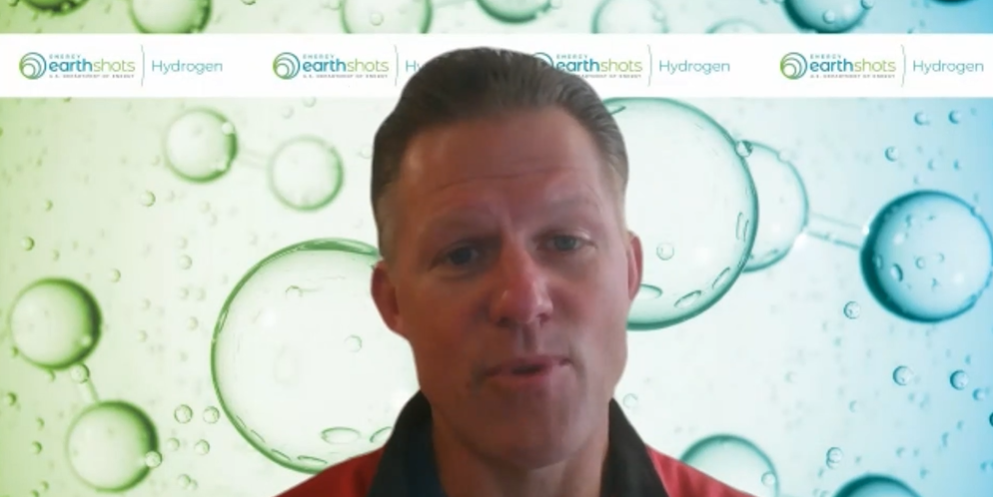 |
| Bryan Pivovar |
Prof. Plamen Atanassov from the University of California-Irvine pointed out that the hydrogen economy mainly regards the industrial sector without displacing the electrification. "The industrial sector has more benefits from the use of hydrogen fuel. That is why in Europe the hydrogen economy is gradually incorporated in certain corridors in the industry and in Bulgaria the first corridor will be in Stara Zagora – in Maritsa East energy complex - the units that produce high quality products for the European market.” He reviewed the technology for incorporating the hydrogen fuel in various industrial sectors and emphasized on the necessity of more specialists-engineers for the field.
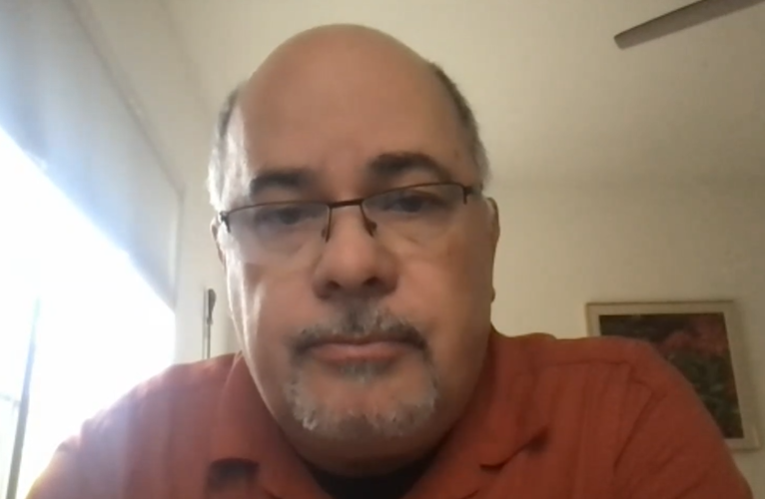 |
| Prof. Plamen Atanassov |
The third and last day of the Forum summarized the conclusions of the discussions. It was attended by participants from 9 countries around the world - Austria, Bulgaria, Canada, Germany, India, Mexico, Pakistan, Philippines, Ukraine as well as participants from 24 US states - Alaska, Arizona, California, Colorado, Connecticut, Washington DC, Iowa, Idaho, Illinois, Massachusetts, Maryland, Minnesota, Montana, North Carolina, New Jersey, New Mexico, Nevada, New York, Ohio, Oregon, Oregon and Virginia
At the closing of the webinar their contentment with the success of the event and the achieved positive results in search of solutions on the discussed topics expressed the Executive Director of Colorado Energy Research Collaboratory Mori Dobby, the Director of the Center for Energy Business and Infrastructure Assoc. Prof. Dr. Vladimir Zinoviev and the Director of the Energy Institute at Colorado State University Brian Wilson.
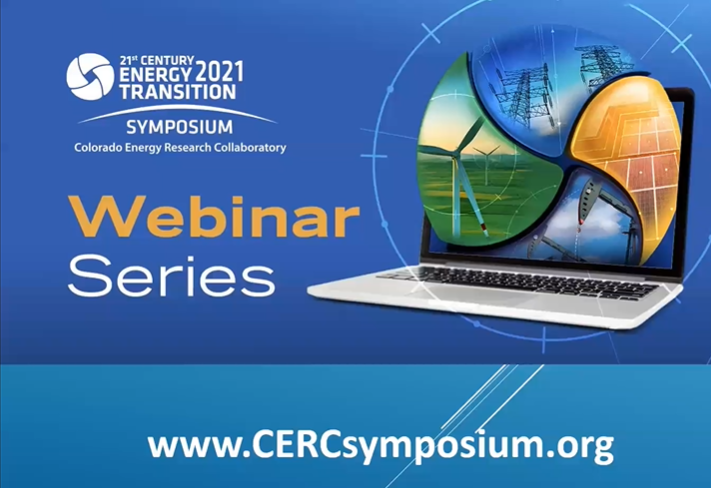 |